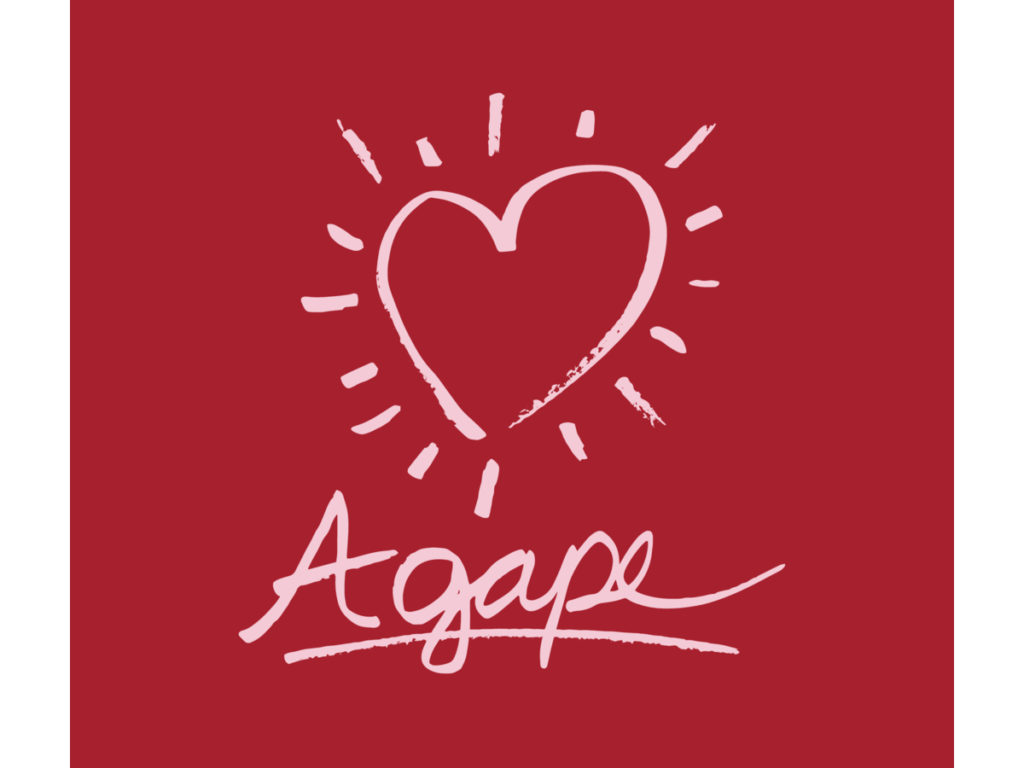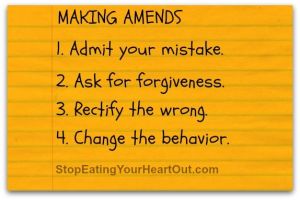Taking the two great commandments to heart: love as the most ancient law
At its core, caring for creation is about loving our global neighbor, because the poor suffer the most from the degradation of the earth. — Shane Claiborne You shall love your crooked neighbour With your crooked heart. — WH Auden You cannot get through a single day without having an impact on the world around you. […]


